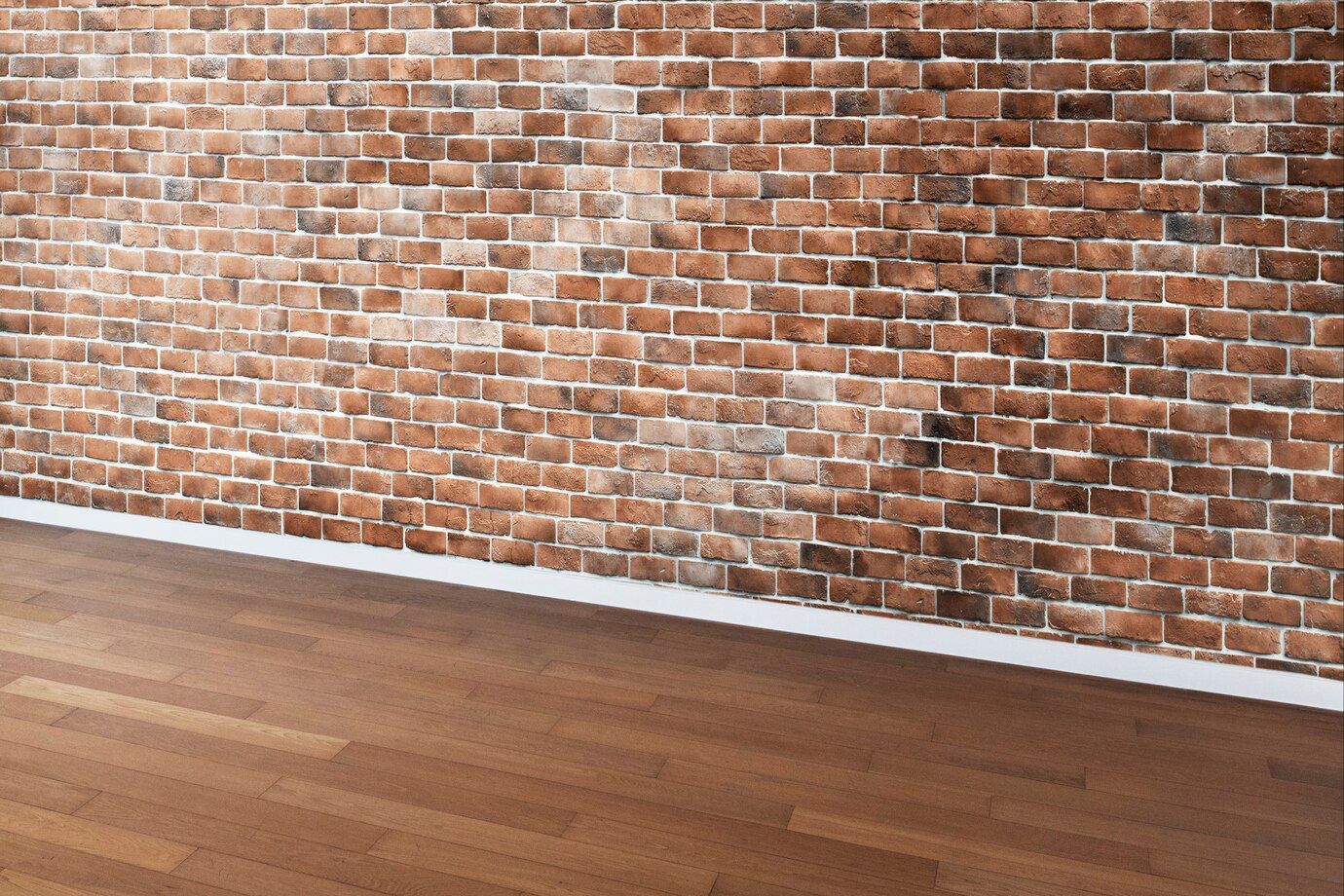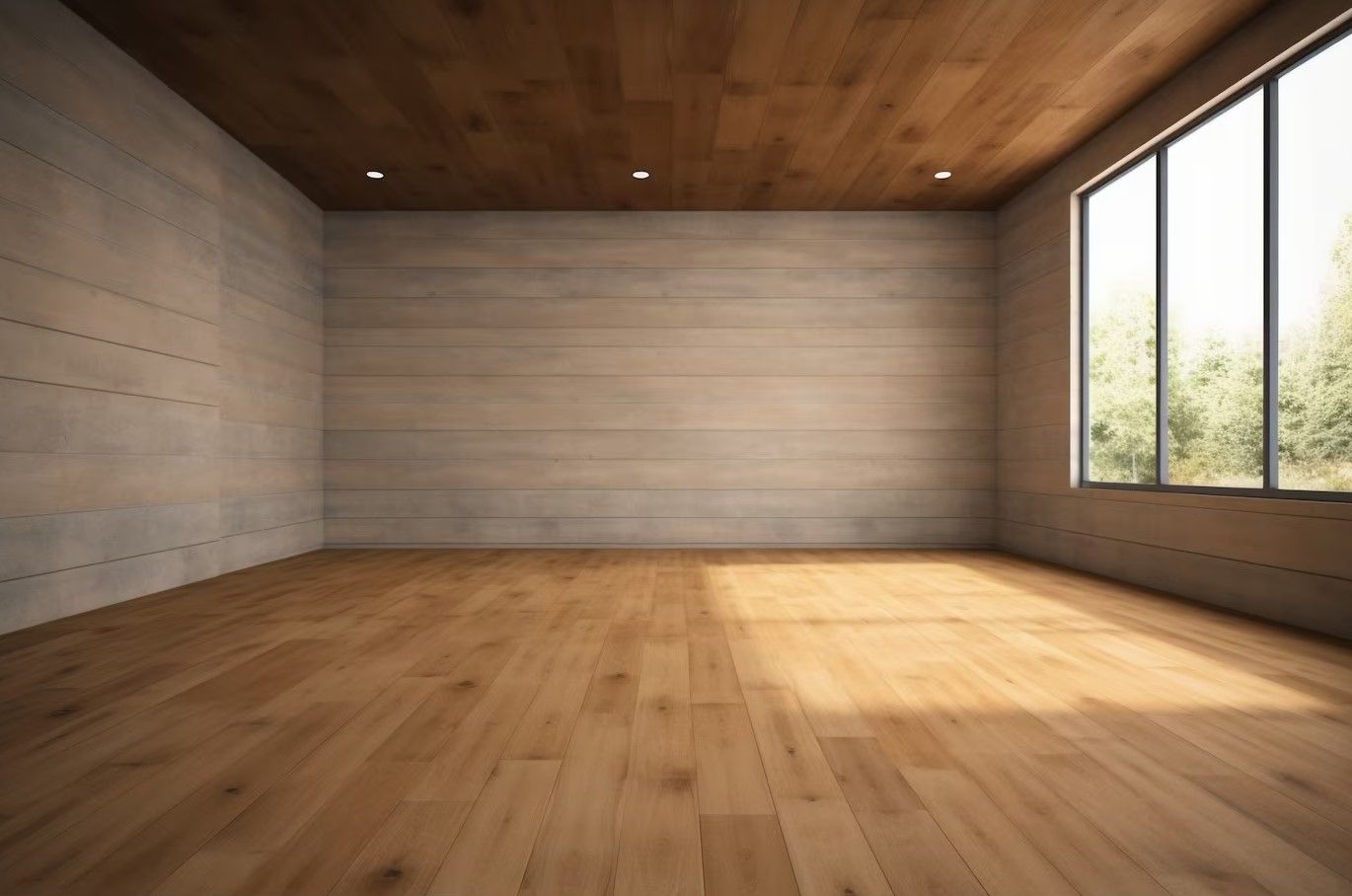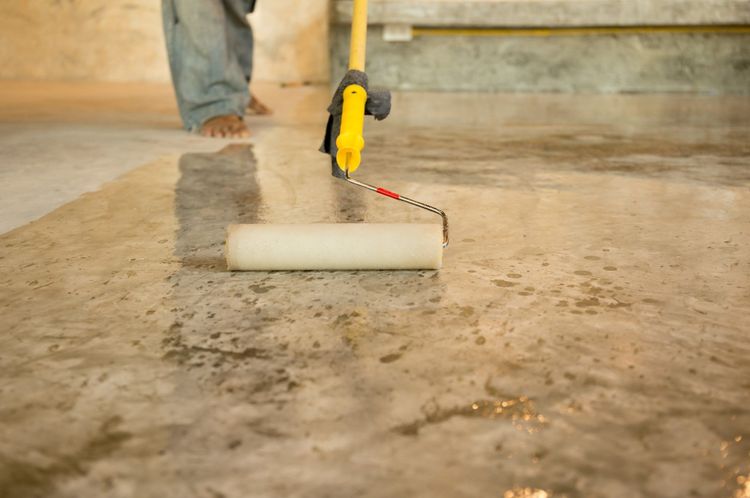What are adjustable floors

Adjustable flooring is an innovative solution in construction and interior design that allows you to easily change the height and level of the flooring depending on your needs. Embracing modern technology and flexibility, these floors open up new possibilities for zoning space, improving acoustics and enhancing comfort. In this article, we'll take an in-depth look at how adjustable floors work, in what situations they are most useful and what benefits they can offer for your project.
What are adjustable floors
Adjustable flooring is a modern construction technology that allows flooring to be installed on adjustable supports, giving you the ability to change the height of the floor depending on the specific requirements of the room. This solution is used when it is necessary to level the surface without extensive construction work or when it is necessary to hide communications, wiring, pipes and other engineering systems under the floor, while maintaining access to them.

An adjustable flooring system consists of several key elements: supports that can be adjusted in height, beams (or joists) on which the flooring is fixed, and the flooring itself, which can be made of different materials such as wood, laminate, tile or even concrete slabs. This approach allows you to achieve a perfectly level floor, even if the original subfloor has significant irregularities.
One of the key advantages of adjustable floors is their flexibility and adaptability to different environments. For example, they can be installed in rooms with sloping or uneven bases, which is especially important when renovating old buildings. They also allow for easy installation or replacement of utilities, which is important for office and industrial spaces where infrastructure upgrades or changes are often required.
In addition, adjustable floors provide excellent thermal and acoustic insulation, making them an ideal choice for living spaces where comfort is important. The ability to adjust floor heights is also useful when creating multi-level spaces or zoning rooms.
Benefits of Adjustable Floors
Adjustable floors offer a number of significant benefits that make them a popular choice for both residential and commercial applications. Here are the main ones:
- Perfect floor leveling: One of the main benefits of adjustable floors is the ability to create a perfectly level surface, even if the original subfloor has significant unevenness or height differences. This is especially useful when renovating older buildings where floors may be warped or deformed.
- Flexibility in changing the height: Thanks to the adjustable supports, the height of the floor can be easily changed to adapt it to the specific needs of the room. This is especially important in areas where utility systems need to be hidden or where the floor level needs to be equalized with other rooms.
- Easy access to utilities: Adjustable flooring systems are often used to conceal wiring, pipes and other utilities beneath the flooring. They can still be accessed quickly, making maintenance and repairs much easier.
- thermal and acoustic insulation: Adjustable floors provide improved thermal and acoustic insulation properties due to the air space between the subfloor and the flooring. This helps to reduce heat loss and noise penetration between floors, which is especially important in homes and offices.

- Quick and clean installation: Installing adjustable floors requires less time and effort compared to traditional surface leveling methods such as screeding or leveling with poured materials. This makes the installation process faster and also reduces the amount of construction debris.
- Resistance to deformation: Thanks to the support structure, adjustable floors can compensate for minor movement or shrinkage of the substrate, preventing cracks or deformations in the flooring.
- Aesthetics and practicality: The adjustable flooring system allows the integration of different types of floor coverings, from ceramic tiles to wooden planks. This makes it possible to combine aesthetics and practicality, choosing the most suitable material for each specific room.
- Improved indoor climate: The air space beneath an engineered floor promotes natural air circulation, which can help reduce humidity levels and prevent mold and mildew in the room.
Adjustable floors are a versatile and convenient solution for many types of spaces, providing a high level of comfort, reliability and ease of use.



